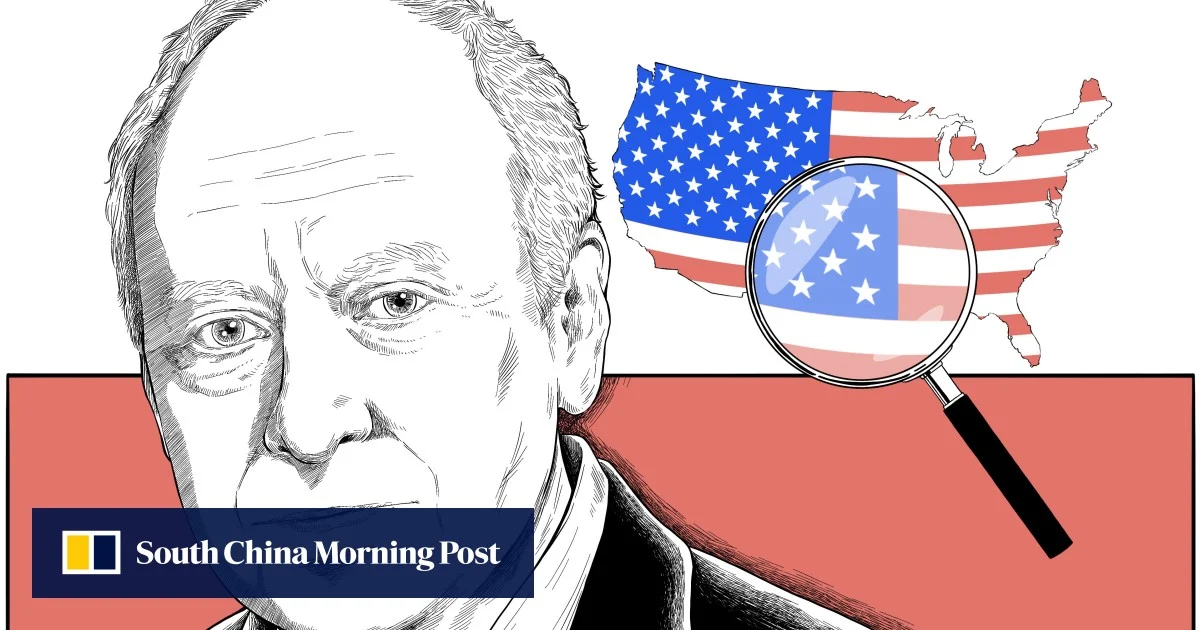Michael Sandel is a political philosopher and the Anne T. and Robert M. Bass Professor of Government at Harvard University. His course on justice was the first at Harvard to be made freely available online and has been viewed by tens of millions of people. Sandel recently received the 2025 Berggruen Prize for Philosophy and Culture, which some have described as the Nobel Prize for philosophy. In this interview, Sandel discusses the roots of Donald Trump’s rise to power, the crisis in American higher education and meritocracy in China and the US.
How would you explain the rise of US President Donald Trump and the “Make America Great Again” movement? Does the rise of Trump and Maga have any profound impacts on the rest of the world? Do you believe that liberal democracy is in crisis?
The Trump presidency and the Maga movement have transformed American politics. What accounts for the rise of Donald Trump is similar to what accounts for the rise of right-wing populist parties and candidates in many countries.
For some decades, citizens have felt disempowered. They have felt that their voices do not matter, and there’s been a widespread sense that the moral fabric of community has been eroded. Additionally, there’s a further source of the populist backlash in recent decades: the divide between winners and losers has been deepening, poisoning our politics and setting us apart.
This has partly to do with widening inequalities of income and wealth, but it has also to do with the changing attitudes towards success that have accompanied the widening inequality. Those who have landed on top during the age of globalisation have come to believe that their success is their own doing and that they therefore deserve all the rewards the market bestows upon them, and by implication, that those who struggle, those left behind, must deserve their fate too. This gives rise to a sense of anger, resentment and humiliation among those who did not benefit from globalisation. Many working people, especially those without university degrees, feel that elites look down on them. Donald Trump speaks to these grievances. He practises a politics of humiliation that expresses the grievances of people who feel that elites look down on them. This, I think, is the heart of his political appeal.


